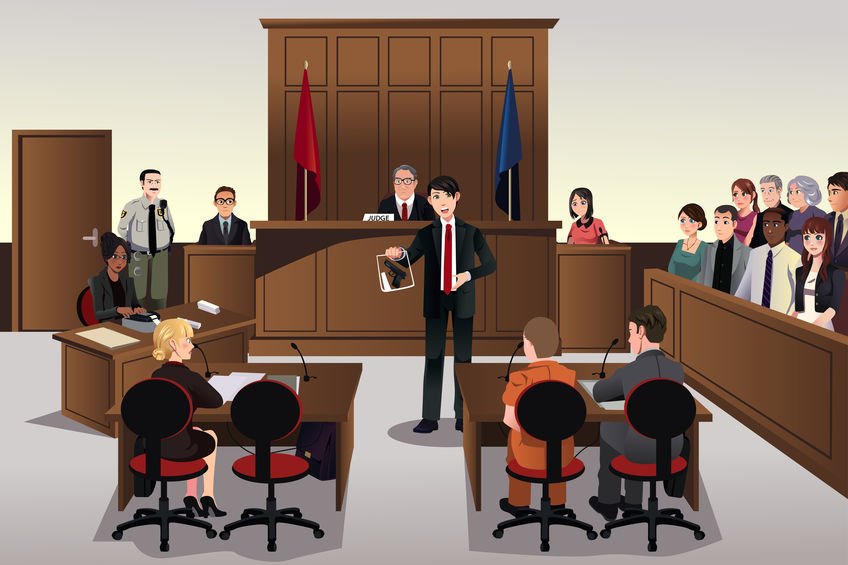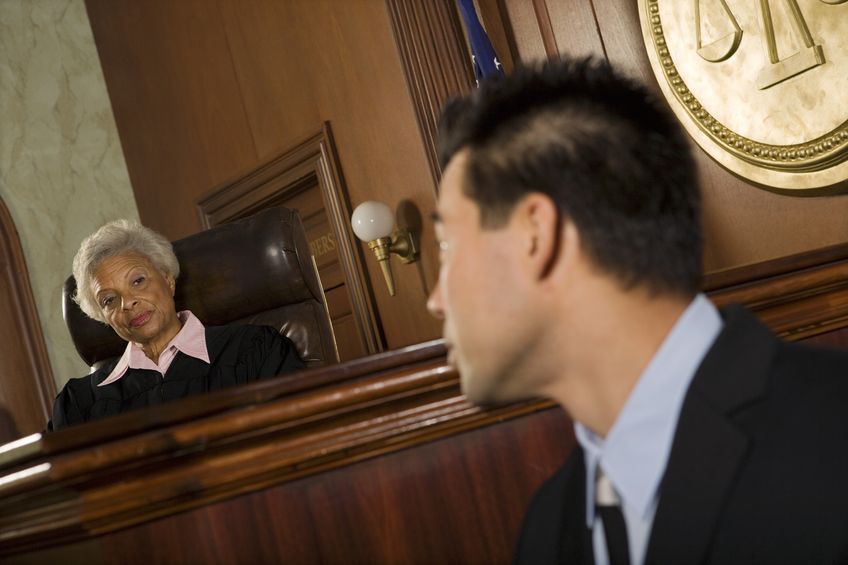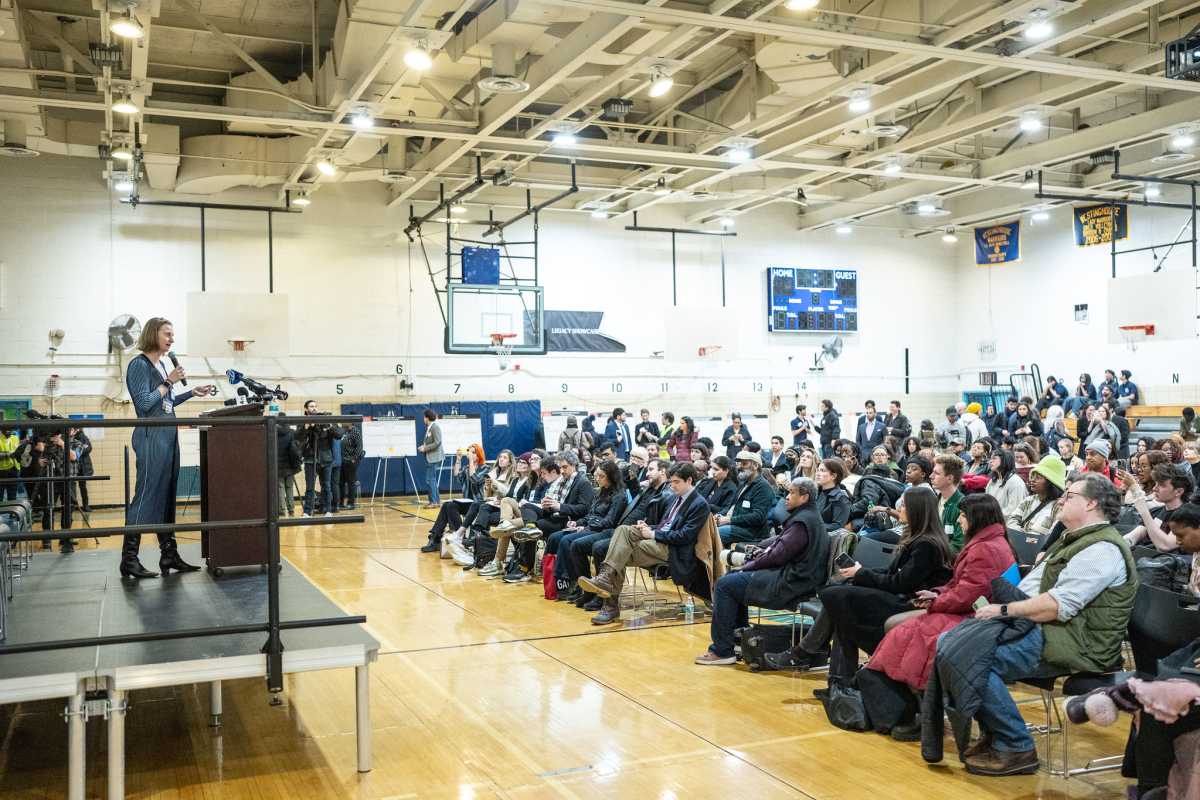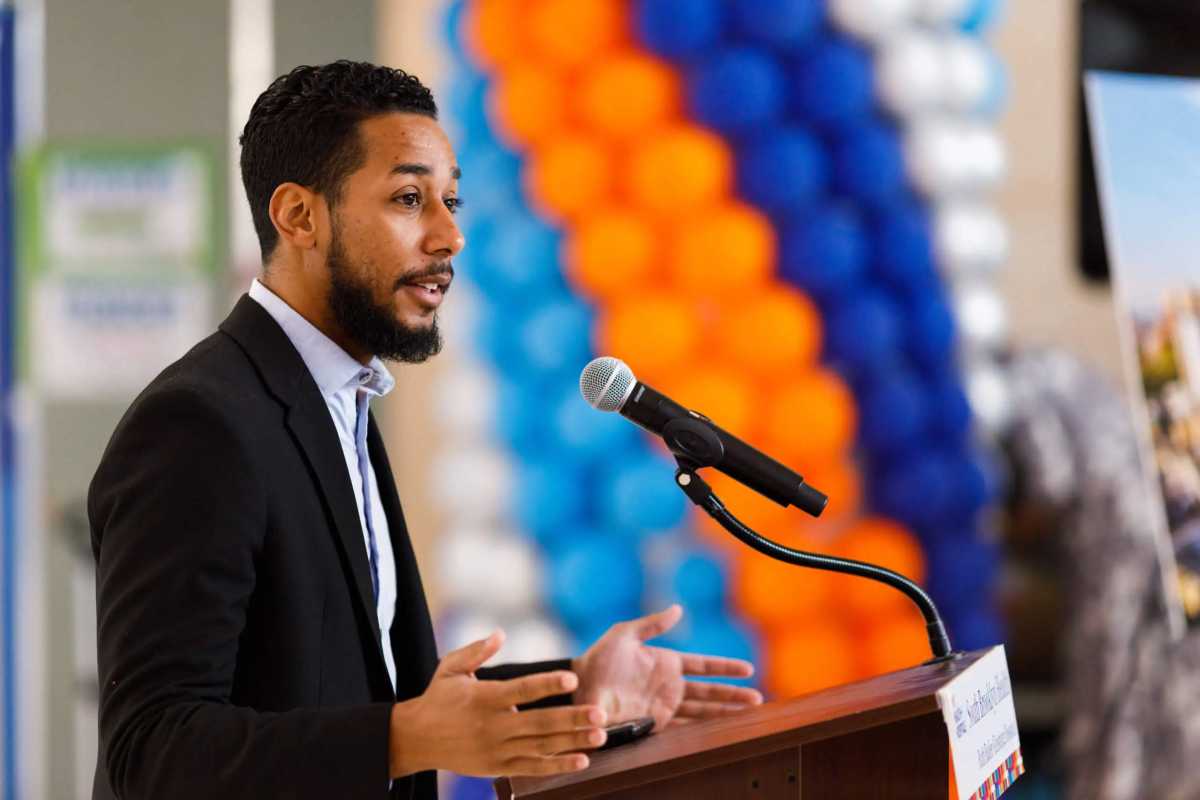Today perhaps more than ever criminal justice issues have occupied public attention and discussion.
The news is filled with accounts involving high profile wrongful arrests, prosecutions and convictions where innocent people were wrongly sent to state prison for decades only later to have been found to be innocent. Some in cases where people were jailed for long periods of time for small amounts of marijuana or stolen property. Finally, in some cases crime victims picked out the wrong person.
One part of the criminal justice reform platform focuses on a longstanding New York legal system practice where prosecutors withheld all or most witnesses’ names and evidence until just before a criminal trial would begin. Defense attorneys complained that this last-minute disclosure of evidence left them no time to investigate the district attorney’s case against their clients. There has been significant media focus and public discussion on this matter.
The conversation about evidence discovery as it relates to wrongful prosecutions and convictions is not limited to New York but indeed and in fact has been and continues to be a nationwide subject.

Recently, the New York State Legislature enacted major criminal procedure law changes. There is one part of the criminal justice reform package that has been the focus of wide-ranging and heated public discussion. The new New York State law effective January 1, 2020 holds that all evidence and written reports by law enforcement must be turned over to the defense within 15 days of the arrest of the person accused of crimes.
But police and prosecutors have loudly proclaimed that releasing the names and addresses of crime witnesses to defense attorneys will imperil witnesses’ safety or at least create a perception of a safety threat so much so that many private citizens will not want to cooperate with the legal authorities.
Taking nothing away from the fact that there have been miscarriages of justice in criminal cases over the years. There can also be no doubt that there is a strong perception that witness safety can be endangered if their names and home addresses are handed over to defense attorneys within 15 days of a person’s arrest. It is not unimaginable that some would-be witnesses will be deterred from coming forward. There must be some middle ground, one that ensures that defense attorneys get to examine the prosecution’s evidence and serves to protect the safety of witnesses.
Maybe the State Legislature and/or the New York State Courts can fashion a two-part system where witnesses are given an anonymous unique e-mail address (i.e witness #123@theCourthouse.gov) and defense attorneys can contact them via e-mail to pose queries to these witnesses. Maybe, a confidential telephonic system can be installed where defense counsel can speak to witnesses through an anonymous switchboard. This would protect the witnesses’ addresses and telephone numbers from disclosure. And, failing, or in conjunction with that, require the witness(es) to appear at some neutral and confidential site where, under Court officials’ supervision, defense lawyers can conduct interviews with these witnesses.
Certainly, this won’t be needed in every case, but it ought to be a possible middle ground available to authorities in appropriate cases. This would be a balance between the needs of the legal authorities and defense attorneys.
Finally, what is not clear from the legislation is, can law enforcement officials’ names and official duty stations be revealed to defense lawyers? And, can defense attorneys compel such law enforcement officers to submit to a telephonic and/or in-person interview and what might the boundaries of such discussion be?
It behooves all concerned to come together to answer these and other questions about the extent to which witness disclosure will be made.
Joe Gonzalez is a Community Activist who lives and works in Brooklyn, New York.










